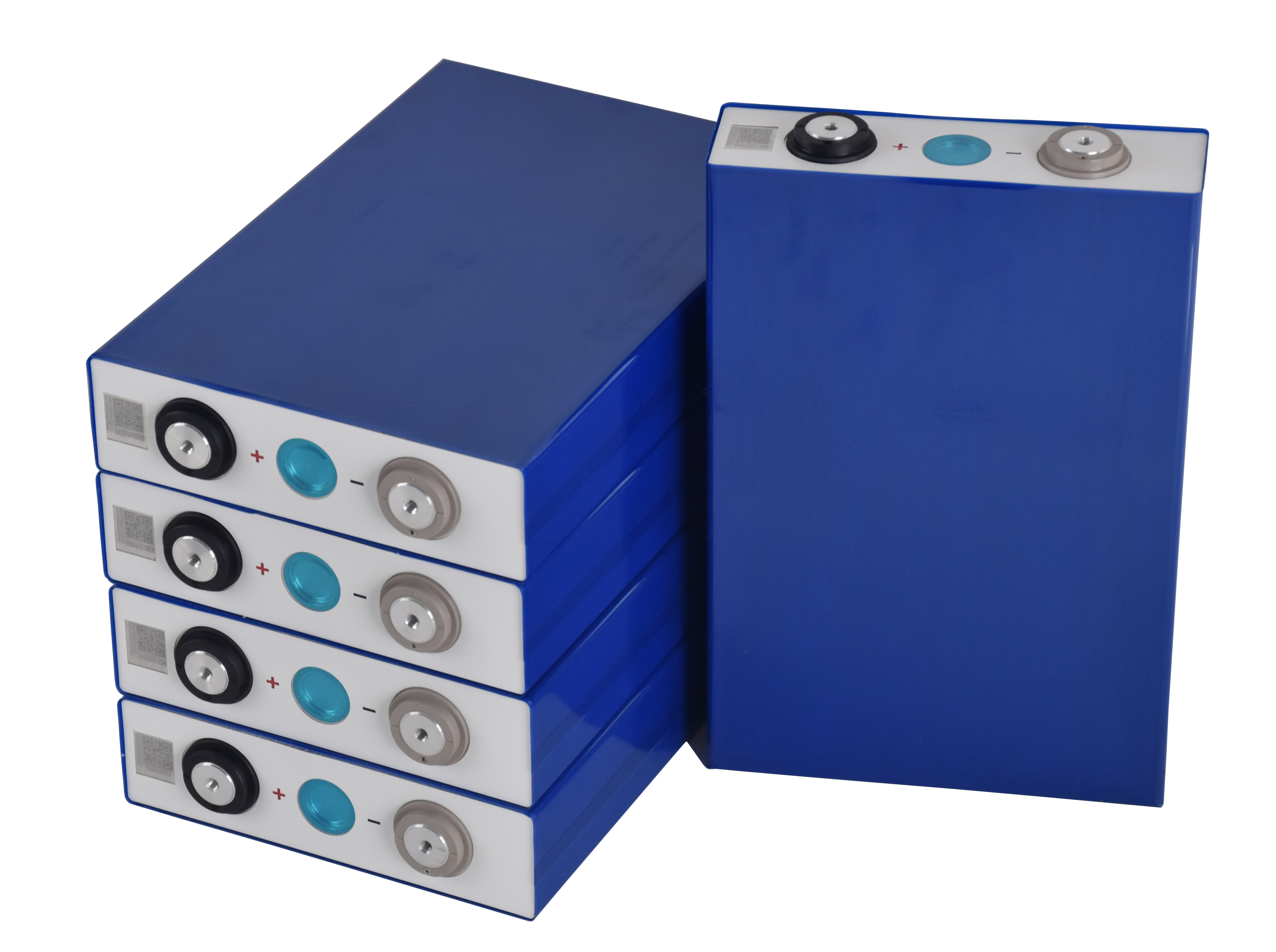Today, you can make a significant amount of money by recycling lithium-ion batteries. Scrap and trash prices are prohibitively high as countries such as India and China purchase large quantities of scrap. Lithium-ion batteries are recycled in an oxygen-free environment at room temperature. Lithium-ion batteries are separated into three distinct components during recycling Cobalt and lithium salt concentrates, stainless steel, copper, aluminum, and plastic. The three components are recovered from the batteries and sold again for use in new products.
The more batteries you have, the more batteries you get when you recycle. Prices fluctuate and change daily, but on average, you can earn up to $12 per lithium-ion battery. It's a great deal if you ask us.
In addition, some people in the United States today earn over $100,000 per year recycling lithium-ion batteries. In fact, the lithium, copper, stainless steel, and plastic inside lithium-ion batteries are all expensive and valuable materials. Some lithium-ion batteries, such as the types found in electric cars and drones, can sell for over $300 for recycling.
Currently, only 50% of lithium-ion batteries can be recycled. With little innovation in recycling and few recycling technologies, only this small fraction (50%) of lithium-ion batteries can be recycled.
However, thanks to companies such as Nordic Clean Energy, this number is expected to increase in the near future. With their new solution, more than 80% of lithium-ion batteries can now be recycled. This process eliminates the need for further mining of cobalt, nickel, and other very rare materials. This new recycling process is accomplished using a low-carbon hydrometallurgical recycling process. First, the batteries are safe during mechanical handling. Plastic, aluminum, and copper are separated separately and sent to their respective production lines. A subsequent low-CO2 hydrometallurgical process completely recovers materials such as cobalt, lithium, manganese, and nickel from the battery before delivering it to the battery manufacturer for reuse in a new battery.
Electric vehicle batteries benefit most from this new recycling method. According to a 2017 forecast by the International Energy Agency, the number of electric vehicles worldwide will grow from 3 million to about 125 million by 2030. Until then, this new recycling process is very important for the industry.

Today, lithium-ion batteries are found in virtually every electronic device. From smartphones to electric cars and even drones. All electronic devices today use lithium-ion batteries. These batteries are very dangerous because they contain reactive elements of lithium. Recycling them is probably the best thing you can do for yourself and the environment.
You can dispose of lithium-ion batteries in the following ways
- Instead of throwing the batteries in the regular trash, search online for the nearest facility that recycles lithium ion batteries.
- If you live in an area with a household hazardous waste center, this is the place to take your lithium ion batteries. You can find it by going online to the state or local government website.
- If there are no recycling facilities in your area, you can use the mail-in recycling program. This program allows you to send your used batteries to the manufacturer, who can then recycle them.
- When transporting batteries for recycling, they should be placed in plastic bags or other non-conductive materials.
- Lithium-ion batteries should be stored separately from other batteries and never in the same bag.
